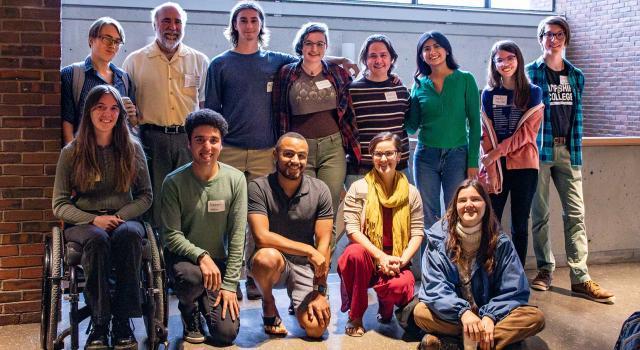Modern civilization was built on fossil fuels, but will global warming and other consequences of fossil fuel use bring the end of civilization? In this class we will explore how humans make and use energy, its benefits, and its consequences. We will examine all forms of energy but focus on renewable electrical energy. On the global scale, we will explore the history, current practices, and future potential of renewable energy from all angles, including technological, political, equitable, and environmental. On a local scale, we will examine renewable energy projects including Hampshire's PV arrays, New England wind turbines, and farmers producing electricity from cow poop. Students will be evaluated on enthusiasm, a series of short research papers, a final project, and group participation Keywords:climate action, climate change solutions, sustainability



